At the risk of wading into very dangerous political waters, I feel I must weigh in publicly on the recent leak of the Supreme Court’s draft decision in Dobbs v. Jackson Women’s Health Organization, the Mississippi abortion case, which effectively seeks to overrule Roe v. Wade. Based on the text of the leaked draft, at least five of the Court’s six conservative justices are poised to put an end to Federal protection for reproductive freedom in this country, despite assurances several of them (Neil Gorsuch, Brett Kavanaugh, Amy Coney Barrett) gave during their confirmation hearings to the effect that they would respect precedent, that they viewed Roe as settled law, and that claims they intended to overturn the 1973 decision were based in groundless left-wing fears.
Yes, I support reproductive freedom for all women, regardless of what state they live in, what color their skin, and how big their bank accounts. Overturning Roe, it needs to be said, will not end abortion in this country. It will merely limit its availability to states with solid progressive majorities, and to those in conservative states with the means to circumvent their states’ laws. Put another way, abortion will remain available to wealthy white women everywhere. Women of color and poor and working class women, regardless of race, who live in red states, will be left with few options.
I should also add here that I have several friends who oppose abortion on religious grounds, and whose views on issues of “life” I find unimpeachable. They oppose the death penalty as well. They support commonsense gun control. They support increased funding for daycare, early education, family leave policies, and other initiatives that truly soften the effect of their stance against abortion. I respect their opinions and accept that well-meaning, sincere, and ideologically consistent advocates on both sides of this issue can legitimately disagree.
But I also have to say this to those who are pleased by what they saw in the Court’s draft opinion: Be very, very careful what you wish for.
Samuel Alito’s draft opinion essentially returns the Court to a stance that began to erode during the 1960s with the Court’s decision in 1965’s Griswold v. Connecticut. That case, brought by a married couple in Connecticut, overturned a state law that had rendered illegal the use of contraceptives by consenting adults. Read that sentence again. The Court overruled a state law that barred consulting adults, even if they were married, from using contraceptives. The Court, in a 7-2 decision written by William O. Douglas, held that there was in the Constitution an implied right to privacy upon which states and the Federal government could not infringe.
An implied right to privacy.
Here we see the power of precedent. Without Griswold, there is no Roe. Without Griswold, there also is no Eisenstadt v. Baird, a 1972 decision that extended to unmarried couples the unfettered right to purchase and use contraceptives. Without Griswold, there also is no Loving v. Virginia, a 1967 decision that struck down state prohibitions on interracial marriage. Without Griswold, there is no Lawrence v. Texas, a 1986 case in which the Court held that sexual intimacy among consulting adults, regardless of gender, is also protected from governmental interference and regulation. Without Griswold, there is no Obergefell v. Hodges, the 2015 ruling granting marriage equality to all couples, regardless of gender and sexual orientation.
The Griswold decision, and its establishment of that implied right to privacy, is fundamental to every decision since that has taken government oversight out of our bedrooms. Alito’s draft decision, while aimed at Roe, effectively calls back into question Griswold itself, and every case that drew upon its precedent.
Don’t believe me? Think I’m overreacting? In March of this year, perhaps anticipating where the Texas and Mississippi abortion bans would take this new conservative supermajority on the Court, Senator Mike Braun, a conservative Republican from Indiana, said he thought the Supreme Court should return to the states the power to regulate interracial marriage, the availability of contraceptives, and the notion of marriage equality. He is not the only Republican to make such a statement in recent months.
I am far from the first person to point out that the ideological Right is all for small government except when it comes to our most intimate relationships. At which point it very much wants government telling us what to do.
Connecticut, of course, is not about to start banning the sale of contraceptives. But Mississippi might. Alabama might. Utah and Wyoming and Idaho might. I live in Tennessee. I can see the Tennessee legislature being first in line to role back the clock to the 1950s.
Again, think I’m exaggerating the threat? Consider this: Brett Kavanaugh, during his Senate confirmation hearings, called contraceptives “abortion-inducing drugs.” (1)
Conservative observers assure us that while Roe may be in peril, these other decisions are not, because they are popular enough to survive challenges to them. The problem with that argument is that legal abortion is also quite popular in this country. More than two-thirds of Americans oppose overturning Roe. That hasn’t stopped the Court from stepping to the precipice of doing just that. (2)
I do believe that the Court’s impending decision, should it go as the leaked draft suggests it will, is likely to spark an overwhelming backlash from voters on the Left. Recent polls show Democratic voters lack enthusiasm about voting in November’s midterm elections, especially the young and those who identify as most progressive. Those are precisely the groups who are likely to react most passionately to the Court’s action. They will be energized by this. The political landscape, I believe, is about to shift dramatically.
But the real shock for conservatives is likely to come as emboldened legislatures in America’s red states turn their efforts to restricting more and more of our most precious private rights. Some yahoo in Tennessee or Idaho or elsewhere is bound to decide that contraception ought to be regulated, or that relationships between people of different races ought to be outlawed. And at that point, even their most conservative supporters in the electorate are going to wake up and decide they’ve had enough.
Conservative politicians who overreach in this way will get exactly what they deserve. All because Samuel Alito has given them exactly what they think they want.
Have a great week.
—-
1 Litman, Leah and Vladeck, Steve, “The Biggest Lie Conservative Defenders of Alito’s Leaked Decision Are Telling,” Slate, May 5, 2022.
2 Litman and Vladeck.











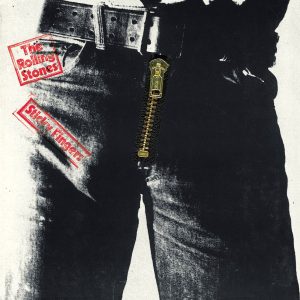 Music isn’t meant to be sold song by song. We’re supposed to buy albums. We’re supposed to put up with the bad songs in order to enjoy the good ones. That makes the listening experience better. For every “Eleanor Rigby” and “For No One” we should have to endure a “Doctor Robert.” For every “Brown Sugar” and “Can’t You Hear Me Knockin’?” we should have to suffer through a “You Gotta Move.” It’s only fair. No one is entitled to a perfect listening experience, and songwriters deserve the chance to have their crappy songs heard alongside the good ones. This is America, damnit!
Music isn’t meant to be sold song by song. We’re supposed to buy albums. We’re supposed to put up with the bad songs in order to enjoy the good ones. That makes the listening experience better. For every “Eleanor Rigby” and “For No One” we should have to endure a “Doctor Robert.” For every “Brown Sugar” and “Can’t You Hear Me Knockin’?” we should have to suffer through a “You Gotta Move.” It’s only fair. No one is entitled to a perfect listening experience, and songwriters deserve the chance to have their crappy songs heard alongside the good ones. This is America, damnit!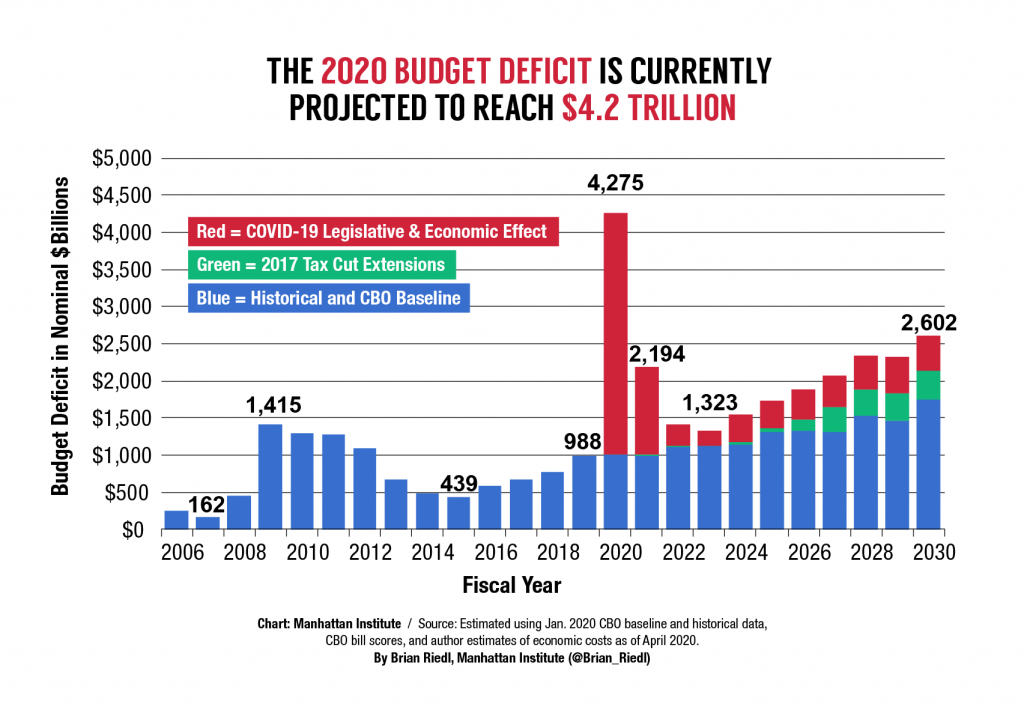 And one more point I would like to make. Interest on the national debt currently gobbles up 8 cents out of every tax dollar. The budget deficit for 2020 was $3.7 TRILLION (slightly less than the chart above projects — I included the chart for the trend line). Even before the pandemic hit, necessitating emergency spending, the Trump tax cuts had driven projected deficits way up over where they were by the end of the Obama Administration. Some will try to tell you that those tax cuts simply returned money to the pockets of Americans. Bull. Every dollar that Donald Trump added to the deficit increased that interest expenditure I just mentioned and forced the rest to pay more. By skewing his cuts to the wealthiest among us, he basically forced the rest of Americans to subsidize a tax cut for the rich.
And one more point I would like to make. Interest on the national debt currently gobbles up 8 cents out of every tax dollar. The budget deficit for 2020 was $3.7 TRILLION (slightly less than the chart above projects — I included the chart for the trend line). Even before the pandemic hit, necessitating emergency spending, the Trump tax cuts had driven projected deficits way up over where they were by the end of the Obama Administration. Some will try to tell you that those tax cuts simply returned money to the pockets of Americans. Bull. Every dollar that Donald Trump added to the deficit increased that interest expenditure I just mentioned and forced the rest to pay more. By skewing his cuts to the wealthiest among us, he basically forced the rest of Americans to subsidize a tax cut for the rich.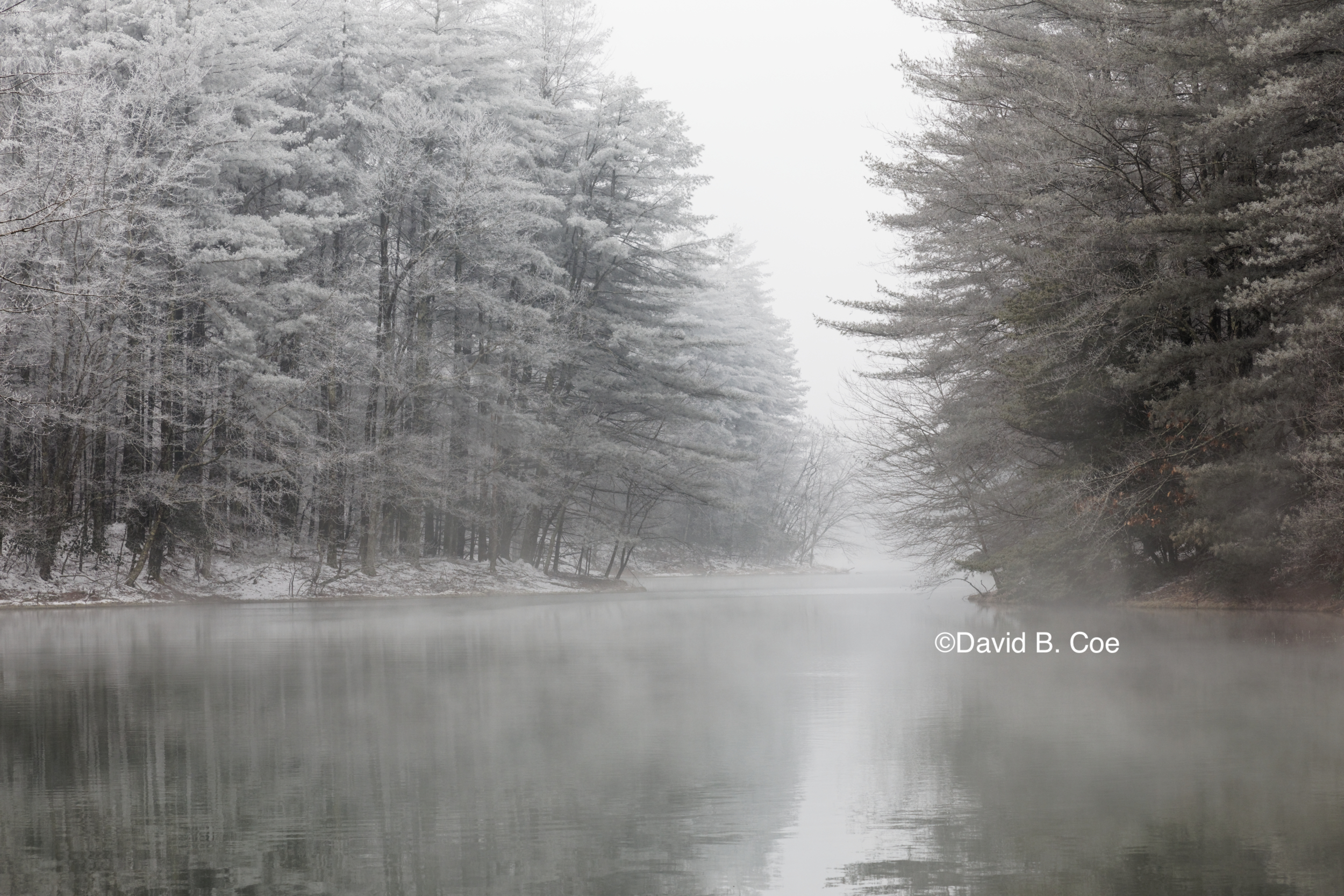
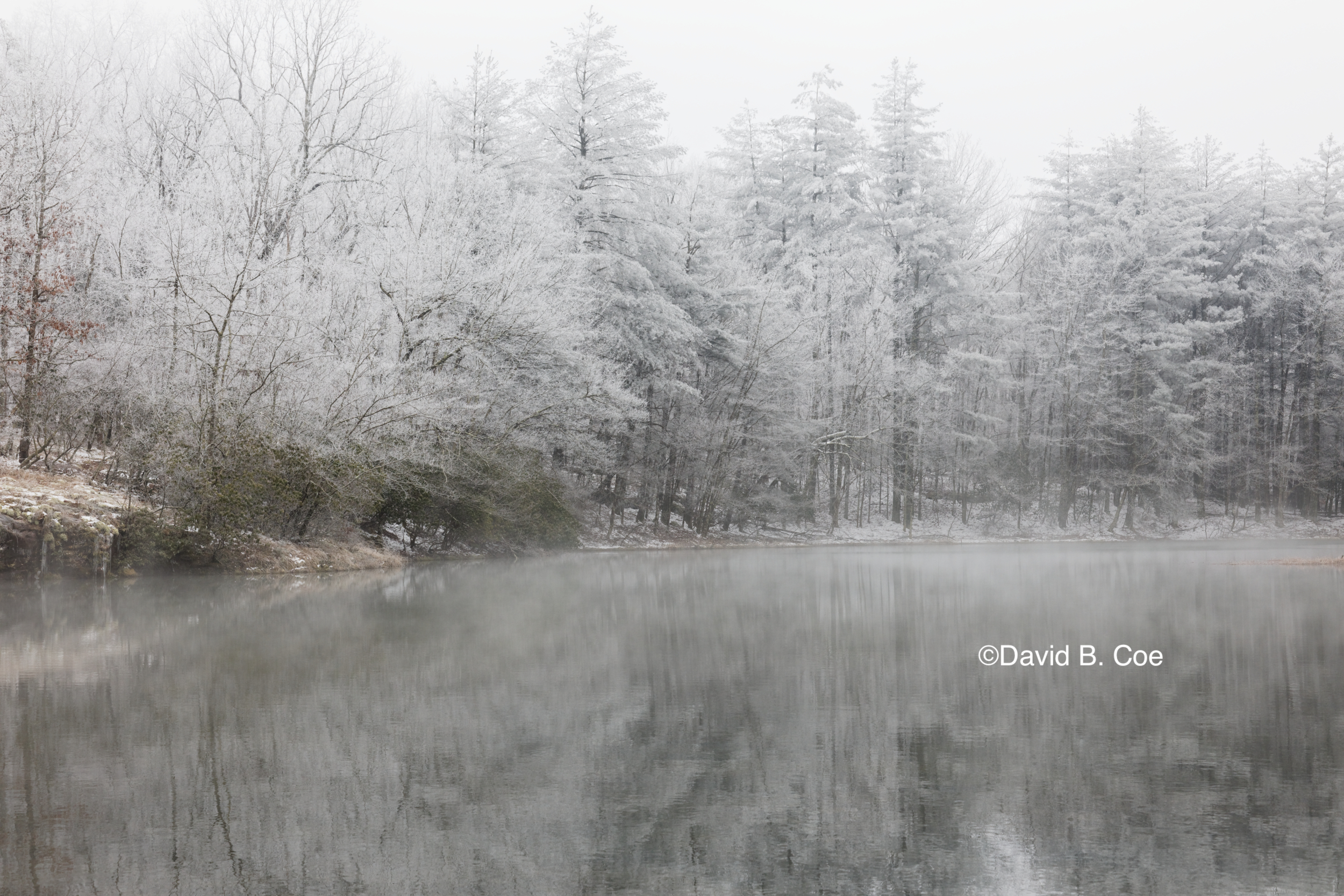
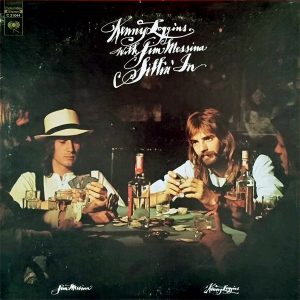 For this week’s Creative Friday post, I’m doing something a little different, and writing about someone else’s creativity.
For this week’s Creative Friday post, I’m doing something a little different, and writing about someone else’s creativity.